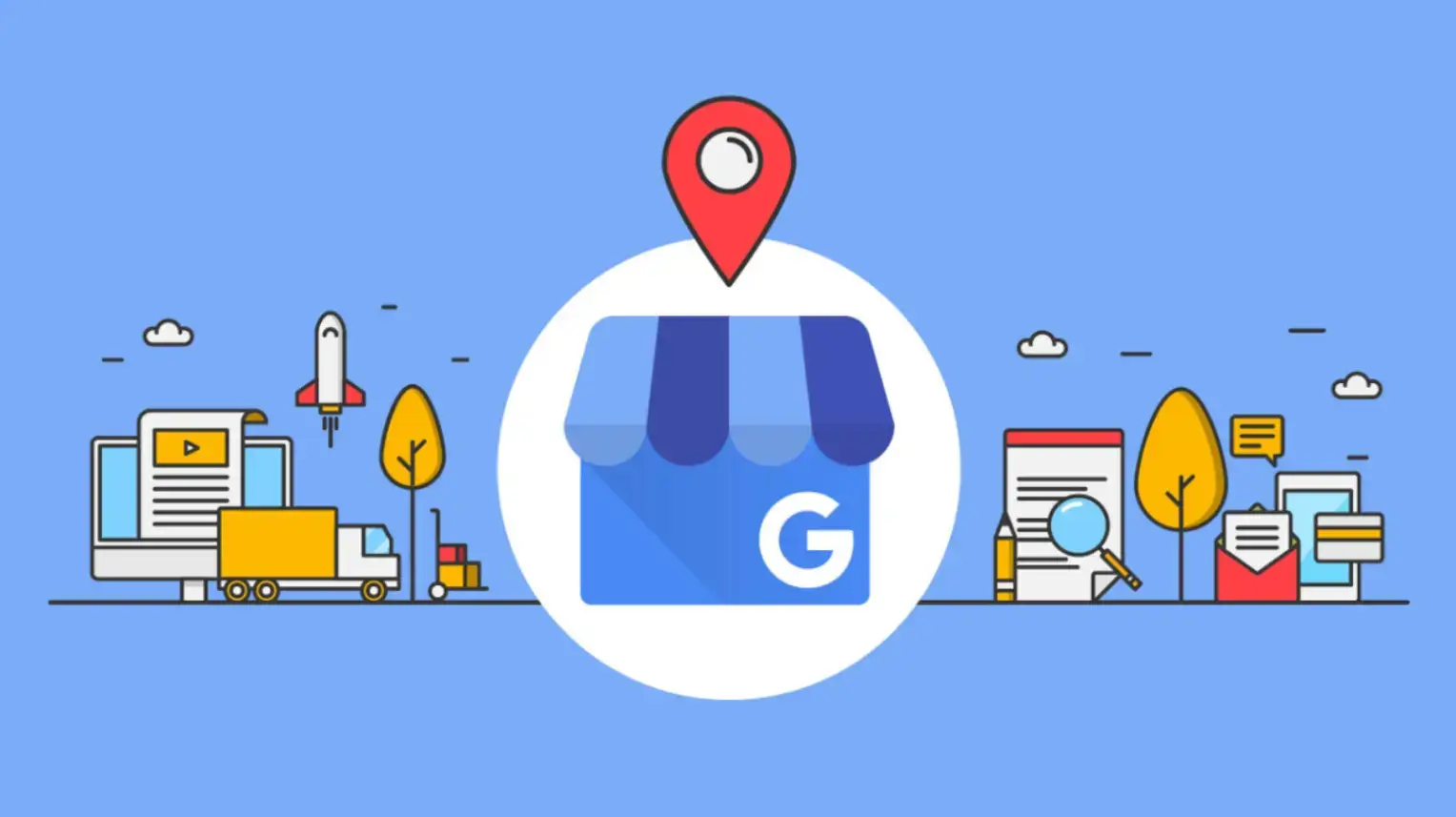Every growing brand hits a plateau. Maybe the calls stop coming in, your Google Maps listing isn’t getting clicks, or foot traffic drops off unexpectedly.
These signs don’t always mean your marketing is broken, but they do mean your visibility might be. That’s where a local SEO audit becomes a game-changer.
A laser-focused local SEO audit doesn’t just highlight weaknesses; it uncovers new opportunities hiding in plain sight. In a digital landscape where even neighborhood businesses compete with global players, the smallest tweaks can yield exponential gains.
Let’s break down how a smart, thorough local SEO checkup can breathe new life into your growth strategy.
In this article:
The Hidden Power of Local SEO

Source: brightlocal
Local SEO remains one of the most underrated growth levers for SMBs. Why? Because it speaks directly to high-intent users in your area.
People searching for "coffee near me" or "best dry cleaner in [City]" are ready to spend now. If your business isn’t appearing front and center when they search, that revenue is going elsewhere.
Google knows this. Its local search algorithm is designed to reward businesses that prioritize accuracy, consistency, and relevance. That means if your business hours are outdated on Yelp but correct on your website, you’re leaving rankings on the table.
Likewise, if you’ve got glowing Google reviews but haven’t updated your on-page SEO to reflect popular keywords from those reviews, you’re not capitalizing on that credibility.
And in local search, even one spot higher on the SERP can mean the difference between a slow day and a flood of business.
“I’ve seen businesses completely transform their local visibility within weeks after addressing audit findings they’d overlooked for months. The difference between appearing in Google’s coveted local 3-pack versus hiding on page two can represent thousands of dollars in revenue for your client.” - Sebastian Żarnowski, Co-founder & CEO, Localo
Core Areas to Audit for Local SEO Growth
1. Google Business Profile: Your Digital Storefront

Source: prioritypixels
If your website is your online home, your Google Business Profile (GBP) is the front porch. It’s often the first impression people get of your brand. Is it complete? Does it have high-quality photos? Are your business hours, address, and contact info updated? If not, you're risking both credibility and search performance.
A local SEO audit begins with a deep dive into your GBP. The goal isn’t just accuracy — it’s enhancement. Add attributes that clarify what makes your business unique, like “women-owned,” “late hours,” or “pet-friendly.”
Regularly respond to reviews, especially the negative ones, to demonstrate engagement. And if you’re not already using GBP Posts, start now. Treat them like mini-ads that highlight promos, events, or seasonal offerings. They boost engagement and keep your profile active in Google's eyes.
Your audit here should flag missing or outdated information, check for keyword usage in your business description, and confirm that your primary category aligns with your top service or product.
Every element, from photos to questions & answers, contributes to how Google ranks your business.
This part of the audit does more than just make sure Google likes your business; it improves customer experiences:
“Nothing puts a bad taste in a customer’s mouth quite like going out of their way to visit a local business just for their storefront to be closed, despite online business hours saying otherwise.” - Samantha Ridgway, Senior SEO Manager at HawkSEM
2. Local Citations and NAP Consistency
Citations are like backlinks for local SEO — they signal trust. These are listings on directories like Yelp, Yellow Pages, TripAdvisor, and industry-specific platforms.
But here’s the catch: inconsistent Name, Address, and Phone Number (NAP) details can tank your local rankings. Google doesn’t like confusion.
These small errors send big red flags to search engines. A good audit doesn’t just highlight these; it prioritizes which ones to fix first based on domain authority and citation strength.
Don’t underestimate the impact. Even fixing ten top-tier citations can significantly improve your local visibility.
Better yet, once these are cleaned up, you can scale by getting listed in new relevant directories to grow your reach. Think of citations as your business’s digital reputation network. Keeping it consistent is non-negotiable.
“Nothing puts a bad taste in a customer’s mouth quite like going out of their way to visit a local business just for their storefront to be closed, despite online business hours saying otherwise.” - Samantha Ridgway, Senior SEO Manager at HawkSEM
3. Competitor Gap Analysis

Source: OPTIMISE LONDON
The most revealing part of a local SEO audit? Seeing how you stack up against your real-world competitors. Not just who ranks above you, but why.
A gap analysis identifies the factors that set them apart from you in the algorithm's eyes.
Are they getting more high-authority backlinks from local publications? Do they use city-specific schema on their pages? Are they ranking with better-optimized Google Business Profiles or leveraging new GBP features you’ve ignored?
Your audit should deconstruct their strategy and reverse-engineer what’s working.
This doesn’t mean copying them. It means identifying missed opportunities and outperforming them with smarter content, better engagement, and stronger optimization.
Local SEO isn’t just about being good; it’s about being slightly better than the businesses within a few miles of you. That’s the bar you have to clear.
4. On-Page Local Optimization

Source: LinkedIn
It’s not enough to just say you’re a local business — your website needs to prove it. Every audit should assess the presence and optimization of key local signals on your site.
That starts with your title tags, meta descriptions, and headers. Are they targeting geo-specific keywords? If you’re in Austin, you should be showing up for "Austin [service]," not just a generic term.
Look at your homepage and service pages. Do they include your business's city and state in strategic places? Is there a dedicated "Contact" page with embedded maps and local schema markup? Have you built out location-specific landing pages if you serve multiple areas?
This is also where content comes in. A robust blog with localized topics (like "Top 5 Plumbing Issues in Chicago This Winter") adds freshness and relevance to your domain.
An audit should identify content gaps, under-optimized pages, and opportunities to internal link between local service areas. Together, these changes create a web of relevance that Google crawls, indexes, and rewards.
5. Reviews and Social Proof

Source: trustpulse
Reviews aren’t just testimonials — they’re ranking signals.
Google reviews, Facebook ratings, and even comments on TripAdvisor all contribute to your business’s perceived trust and relevance, especially as platforms evolve to support social commerce where purchasing decisions happen within the same ecosystem.
But beyond quantity, quality and recency matter just as much. A good local SEO audit looks at the big picture.
Searchers (and Google) notice that. The audit should analyze where reviews are left, which keywords are naturally used in them, and how often you engage with the people who leave them.
From a business growth perspective, this is where small efforts pay off big. Encouraging reviews via follow-up emails or QR codes in-store can drive new feedback.
Including key phrases in your replies (e.g., "Thanks for choosing our Dallas team for your HVAC needs!") reinforces local signals. Over time, these interactions build both credibility and ranking power.
Conclusion: Use a Local SEO Audit as a Growth Lever
A local SEO audit isn’t a technical checklist — it’s a growth blueprint.
It forces you to assess your presence as Google sees it and as your customers experience it. And often, it reveals that the difference between obscurity and omnipresence is just a few smart changes away.
If you’re struggling to grow, or if you suspect you’re leaving local money on the table, start with an audit.
Treat it not as a fix, but as a lever. Because when you tighten your local SEO, you don’t just climb rankings — you unlock the front door for every customer who didn’t know you existed yesterday.
FAQ: Local SEO Audits
1. What is a local SEO audit?
A local SEO audit is a comprehensive review of your business’s online presence to identify gaps, inconsistencies, and optimization opportunities for local search.
2. Why is a local SEO audit important?
It helps improve visibility in local search results, attract high-intent customers nearby, and uncover hidden opportunities to outperform competitors.
3. How often should I perform a local SEO audit?
At least once every 6–12 months, or after major changes to your business details, website, or market conditions.
4. Does a local SEO audit include Google Business Profile?
Yes, it starts with auditing your Google Business Profile for accuracy, optimization, keyword relevance, and engagement activity.
5. Can a local SEO audit help me get more reviews?
Indirectly, yes. By identifying weaknesses in your review acquisition strategy, it helps you implement systems that encourage consistent feedback.

Author Bio
Shanice Jones is a techy nerd and copywriter from Chicago. For the last five years, she has helped over 20 startups build B2C and B2B content strategies that have allowed them to scale their business and help users around the world.


